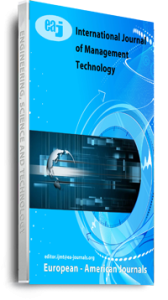This study investigates the impact of Artificial Intelligence (AI) on business security among Small and Medium Enterprises (SMEs) in Abuja, Federal Capital Territory (FCT), Nigeria. The primary objectives are to assess the influence of AI security protocols, employee AI training, customer data privacy measures, and automated threat detection on enhancing business security. Anchored in the Socio-Technical Systems (STS) Theory, which emphasizes the interplay between social and technical elements within organizations, this research explores how these AI-driven measures collectively contribute to securing SMEs. Utilizing a cross-sectional survey design, data was collected from a representative sample of 379 employees within the Information and Communication sector, derived from an estimated population of 24,832 employees according to SMEDAN (2021). Multiple regression analysis revealed that AI security protocols, customer data privacy measures, and automated threat detection significantly enhance business security, while employee AI training showed no substantial impact. These findings underscore the necessity for integrating advanced technological measures with robust social frameworks to optimize business security. The study’s results align with STS Theory, highlighting the importance of a balanced approach that incorporates both technical and social components for effective security management in SMEs.
Keywords: AI security protocols, Artificial Intelligence, Cybersecurity, SMEs, automated threat detection, business security, customer data privacy, employee AI training

